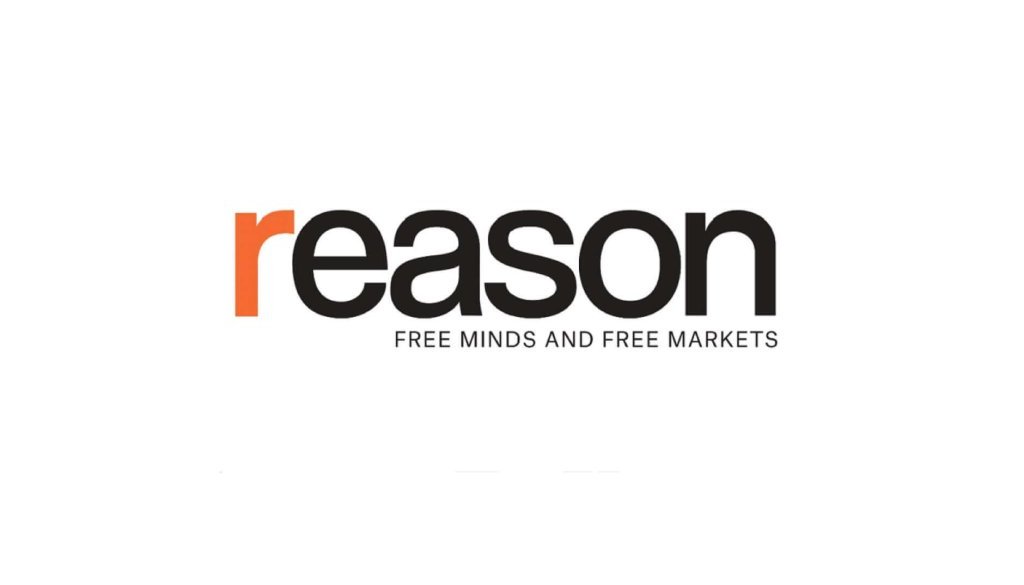Trump’s Legal Complaints Against 2 News Outlets Reflect His Disregard for Freedom of the Press
In two complaints filed last week, Donald Trump contends that CBS and The Washington Post broke the law by covering the presidential election in ways he did not like. His arguments, which seek to punish the news outlets for constitutionally protected activity via legal theories that are fanciful at best, are consistent with Trump’s long history of disregarding the First Amendment by treating speech that offends him as grounds for civil damages, regulatory sanctions, or even incarceration.
Trump’s lawsuit against CBS, which he filed on Thursday in the U.S. District Court for the Northern District of Texas, seeks $10 billion in damages based on a 60 Minutes interview with Vice President Kamala Harris that he says was edited to make her seem smarter than she actually is. He claims the network’s editing violated the Texas Deceptive Trade Practices Act (DTPA).
That claim hinges on two excerpts from Harris’ response to a question about Israel. One ran on Face the Nation as part of a promo for the 60 Minutes interview, which aired on October 7; the other was presented as part of the interview itself the following day.
In the promo version, 60 Minutes correspondent Bill Whitaker says “it seems” that Israeli Prime Minister Benjamin Netanyahu “is not listening” to U.S. concerns about the war in Gaza. Harris responds with what Trump describes as “her typical word salad,” saying, “Well, Bill, the work that we have done has resulted in a number of movements in that region by Israel that were very much prompted by, or a result of, many things, including our advocacy for what needs to happen in the region.” In the version that aired the next day on a special edition of 60 Minutes, Harris responds to the same prompt with an answer that is slightly clearer but still vague and weirdly phrased: “We are not gonna stop pursuing what is necessary for the United States to be clear about where we stand on the need for this war to end.”
Harris does not come across as particularly sophisticated, knowledgable, or forthright in either version. But as Trump sees it, the substitution of the latter answer for the former was “a giant Fake News Scam” and “an UNPRECEDENTED SCANDAL!!!” In an October 29 letter to CBS, Trump lawyer Edward Andrew Paltzik described the editing of the interview as “one of the worst, most deceptive acts in broadcast history.”
Trump complained that Harris’ “REAL ANSWER WAS CRAZY, OR DUMB, so they
actually REPLACED it with another answer in order to save her or, at least, make her look better.” That sin was so egregious, he said, that the Federal Communications Commission (FCC) should “TAKE AWAY THE CBS LICENSE,” by which he apparently meant the broadcast licenses held by network-owned stations and CBS affiliates across the country.
In an October 16 FCC complaint, the Center for American Rights argued that CBS violated the agency’s policy against “broadcast news distortion.” Proving such a claim is a tall order. The FCC “is prohibited by law from engaging in censorship or infringing on First Amendment rights of the press,” the commission notes. “News distortion ‘must involve a significant event and not merely a minor or incidental aspect of the news report.’ In weighing the constitutionality of the policy, courts have recognized that the policy ‘makes a crucial distinction between deliberate distortion and mere inaccuracy or difference of opinion.’ As a result, broadcasters are only subject to enforcement if it can be proven that they have deliberately distorted a factual news report.”
On October 20, CBS rejected Trump’s charge of “deceitful editing.” The show “gave an excerpt of our interview to Face the Nation that used a longer section of her answer than that on 60 Minutes,” the network’s statement said. “Same question. Same answer. But a different portion of the response. When we edit any interview, whether [with] a politician, an athlete, or movie star, we strive to be clear, accurate and on point. The portion of her answer on 60 Minutes was more succinct, which allows time for other subjects in a wide ranging 21-minute-long segment.”
CBS, in other words, conceded that it chose an excerpt from Harris’ response that was “more succinct” but said that was standard journalistic practice. Trump, by contrast, says CBS not only violated the public trust in an “UNPRECEDENTED” way; it thereby violated the Texas DTPA, which p
Article from Latest

The Reason Magazine website is a go-to destination for libertarians seeking cogent analysis, investigative reporting, and thought-provoking commentary. Championing the principles of individual freedom, limited government, and free markets, the site offers a diverse range of articles, videos, and podcasts that challenge conventional wisdom and advocate for libertarian solutions. Whether you’re interested in politics, culture, or technology, Reason provides a unique lens that prioritizes liberty and rational discourse. It’s an essential resource for those who value critical thinking and nuanced debate in the pursuit of a freer society.




